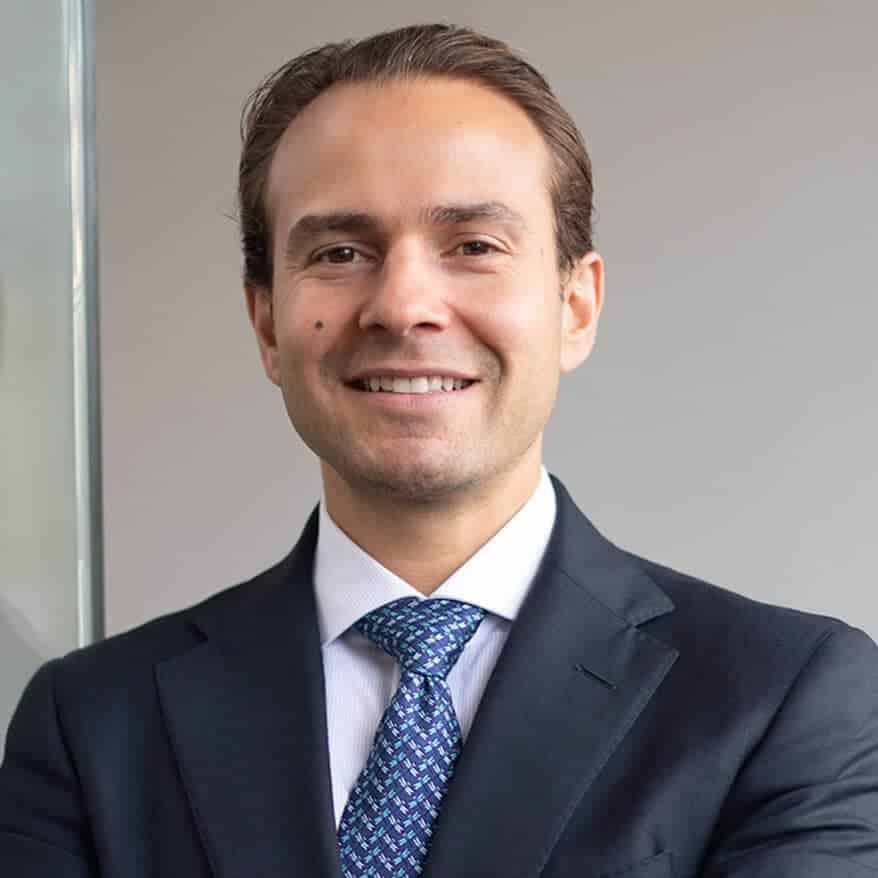This case involves a thirteen-year-old girl who became interested in satanism. This caused the student to have an obsession with death. The student told several of her friends that she was going to commit suicide. Several of the student’s friends reported the suicide threats to the school counselor. The counselor questioned the student about this and the student denied having any suicidal thoughts. The school counselor did not notify the student’s parents about what he heard regarding her plan to commit suicide. The student was later killed as part of a “murder-suicide pact” with another student. The other student shot the student before killing herself. The student’s father sued the county Board of Education for negligence.
Question(s) For Expert Witness
1. Does a school counselor have a duty to try to prevent a student’s suicide when they have knowledge of a student’s suicidal intent?
Expert Witness Response
A school counselor has a duty to prevent a student’s suicide if it is foreseeable. The general duty of a school official to protect students from foreseeable injuries is even greater in cases where a school official knows that a student is considering committing suicide. In these cases, school officials must exercise the appropriate amount of care in looking out for the student that the circumstances reasonably require. In some cases involving the suicide of a student, the school official who knows about the student’s suicidal intent can be held to have a quasi “therapist-patient” relationship with the student. This means that the school official, like a therapist, has a great duty to prevent a foreseeable suicide by the student. There is a growing concern over the issue of student suicide and this has expanded the duty of school officials to prevent a suicide if they know it might happen. The relationship between the student in this case and her school counselor would probably be considered a very special one. The school counselor might even be held to be in a relationship where he was “in loco parentis” or in the place of a parent in regards to the student in this case. Because of this, the school counselor would probably be held to be in a position where he could exercise custody and control over the student, like a parent could. This means that he had a duty to exercise reasonable care in preventing her from trying to commit suicide. The school counselor probably breached his duty and was negligent in not telling the student’s parents about her suicidal intent.
About the author
Michael Talve, CEO
Michael Talve stands at the forefront of legal innovation as the CEO and Managing Director of Expert Institute. Under his leadership, the Expert Institute has established itself as a vital player in the legal technology arena, revolutionizing how lawyers connect with world-class experts and access advanced legal technology. Michael's role involves not only steering the company's strategic direction but also ensuring the delivery of unparalleled intelligence and cutting-edge solutions to legal professionals. His work at Expert Institute has been instrumental in enhancing the capabilities of attorneys in case preparation and execution, making a significant impact on the legal industry's approach to expert consultation and technological integration. Michael's vision and execution have positioned the Expert Institute as a key facilitator in the intersection of law and technology.



